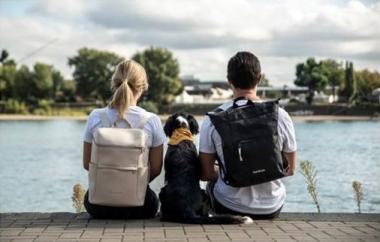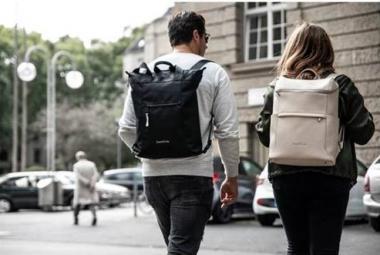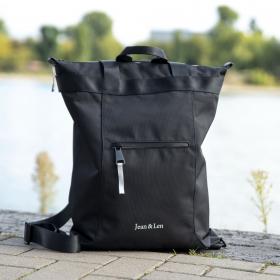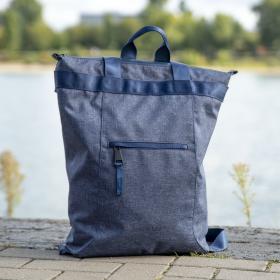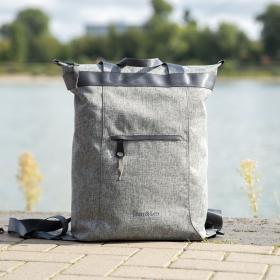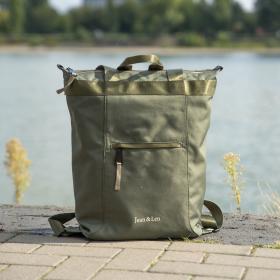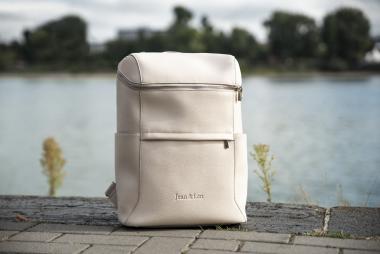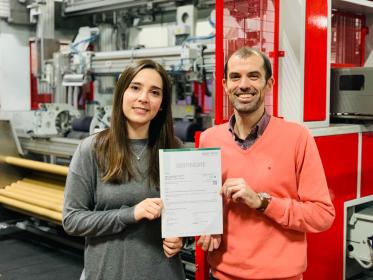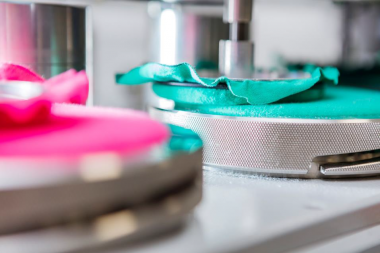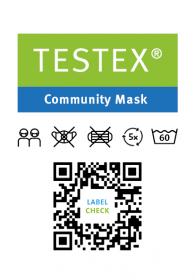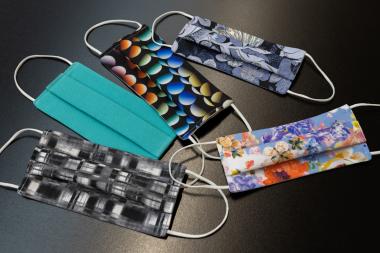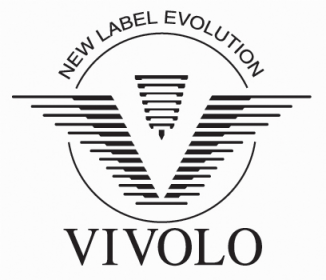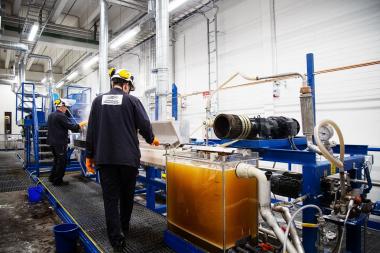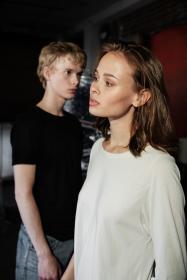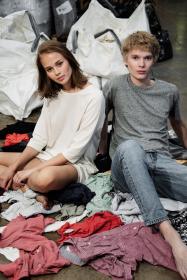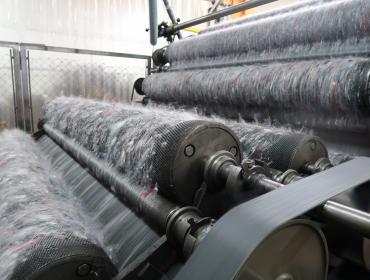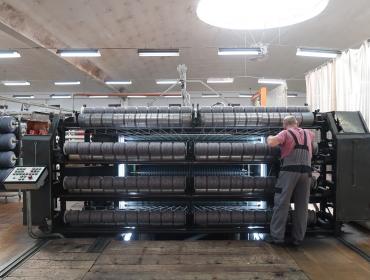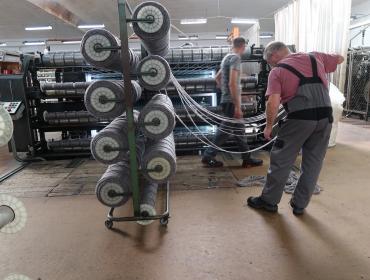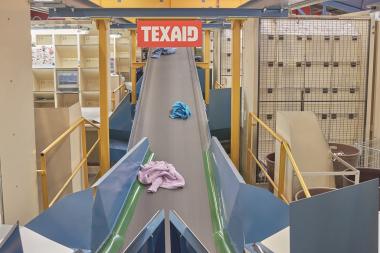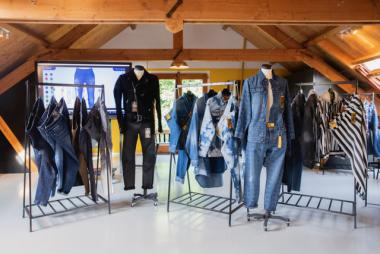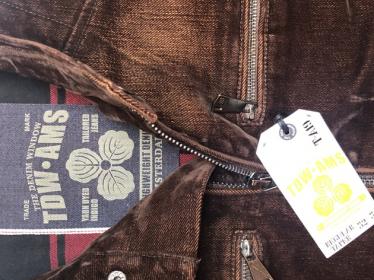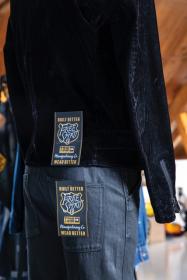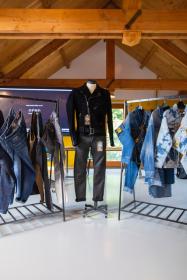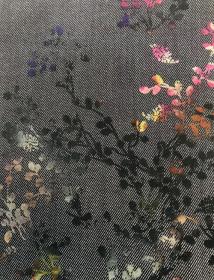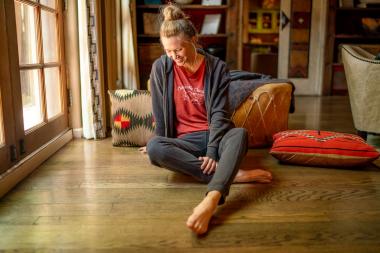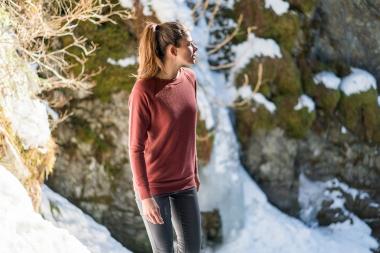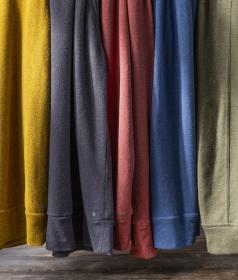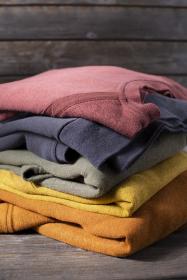Hochschule Niederrhein: Über Sortierung Alttextilien besser recyceln
Das Recyceln von Textilien wird im Sinne einer nachhaltigen Kreislaufwirtschaft immer wichtiger. Das Center Textillogistik der Hochschule Niederrhein und das Fraunhofer-Institut für Materialfluss und Logistik IML führen derzeit im Auftrag der Stadtreinigung Hamburg eine Begutachtung und Bewertung von Alttextilien in den Räumen des Monforts Quartier in Mönchengladbach durch. Nachhaltige Ansätze für die Textilwirtschaft der Zukunft stehen im Vordergrund, aber auch die Vorbereitung auf sich ändernde rechtliche Rahmenbedingungen im Markt für Alttextilien.
Ab 2025 sollen in Europa im Rahmen des EU-Aktionsplans für Kreislaufwirtschaft gebrauchte Textilien flächendeckend getrennt gesammelt werden, um die Wiederverwendung sowie ein hochwertiges Recycling zu fördern. Im Projekt sollen Möglichkeiten eruiert werden, ob und wie gewisse textile Stoffströme separiert gesammelt werden können.
Die Ergebnisse des Projekts sollen auf breiter Basis den verantwortungsbewussten Umgang mit textilen Ressourcen verbessern. Derzeit werden Alltextilien in Deutschland überwiegend durch Depotcontainer im öffentlichen Raum oder auf Recyclinghöfen gesammelt. Zudem wird die Rückgabe von Alttextilien im Einzelhandel verschiedener Marken und Kaufhäusern beworben. Laut einer Studie kamen im Jahr 2018 rund 1,3 Millionen Tonnen Alttextilien zusammen. Davon werden 88 Prozent durch Containersammlungen, 9 Prozent durch Straßensammlungen und rund 3 Prozent durch sonstige Sammlungen (z. B. durch Modehäuser) erfasst. Die weitere Vermarktung wird nach einem Zwischenschritt beim Sortierer in Wiederverwendung (62 Prozent), Weiterverwendung als Putzlappen oder Dämmstoff (14 Prozent), stoffliches Recycling (12 Prozent) und Verbrennung (12 Prozent) unterteilt.
Bei der Alttextilsortieranalyse werden die Alttextilien in bis zu drei Differenzierungsebenen sortiert. Die erste Differenzierungsebene setzt sich aus den folgenden drei Obergruppen zusammen: Fehlwürfe, Textilien zur Verwertung, Textilien zur Wiederverwendung. Darüber hinaus werden die Alttextilien nach ihrer ursprünglichen Nutzung (z. B Damenoberbekleidung, Kinderbekleidung, Haushaltswäsche etc.) und der Materialzusammensetzung sortiert.
Hochschule Niederrhein














